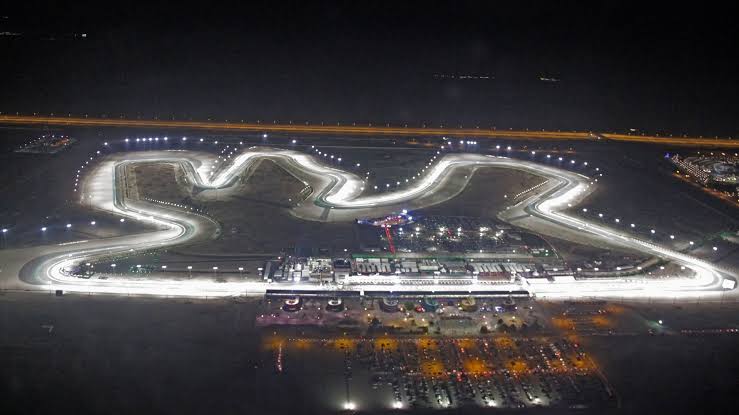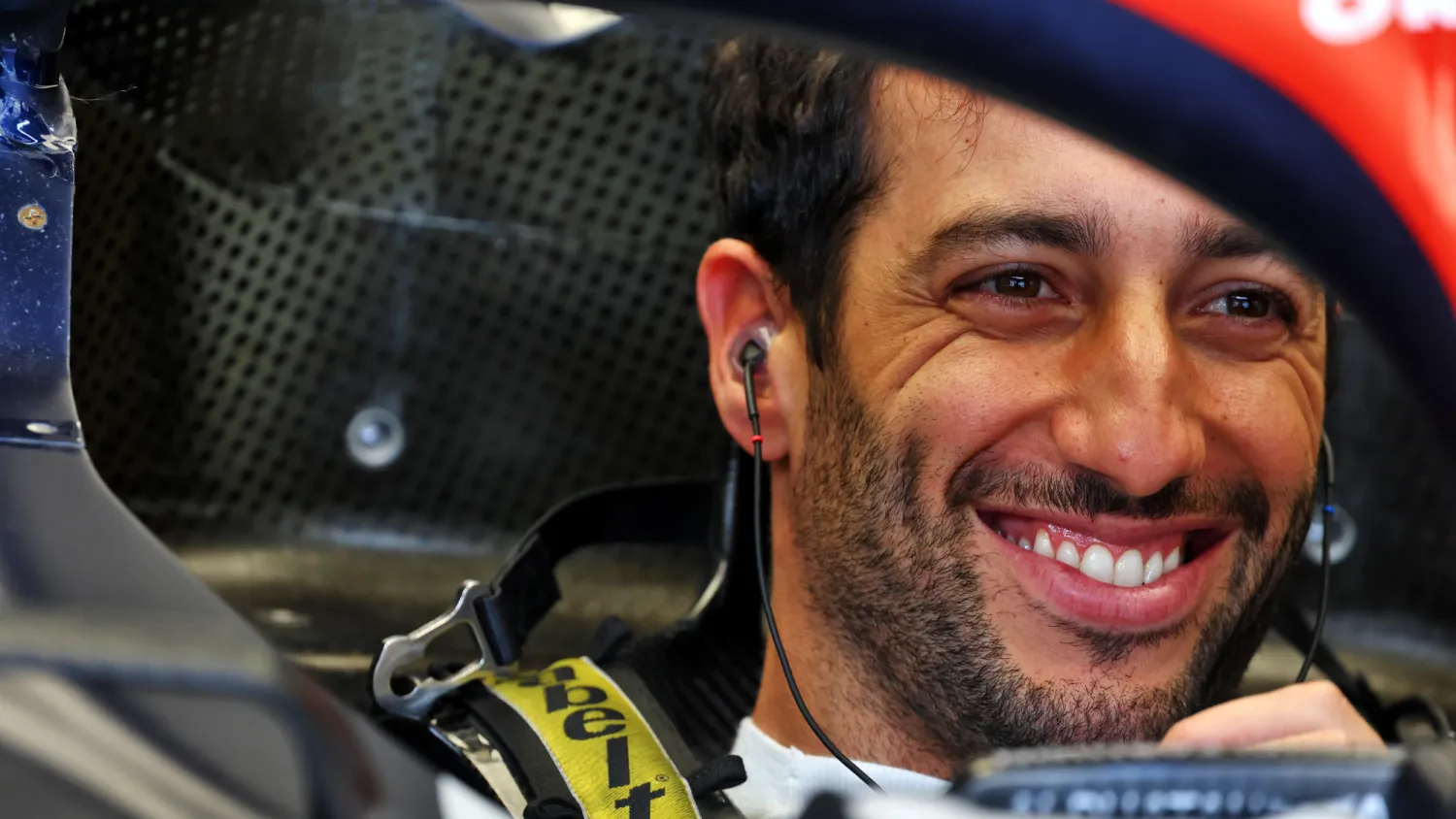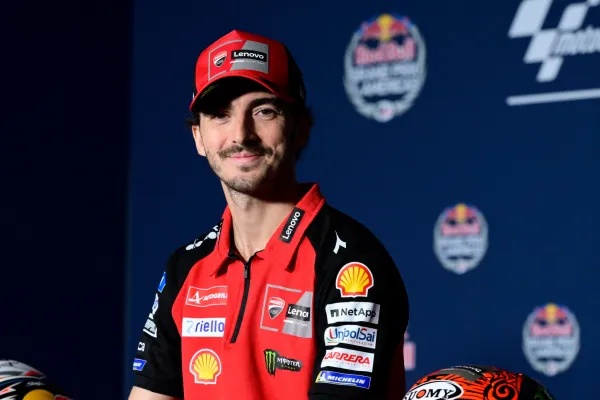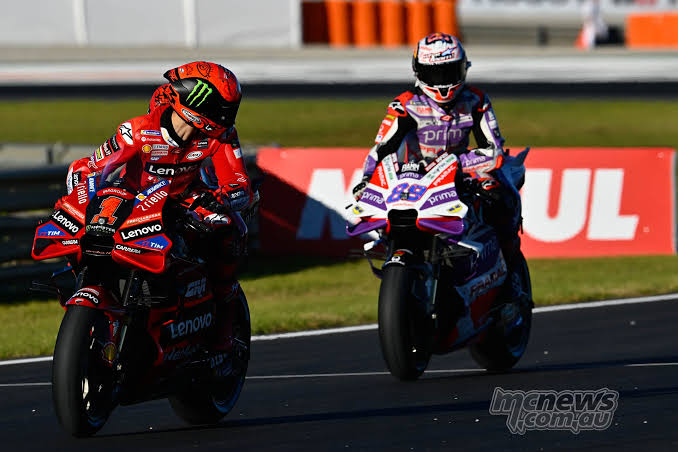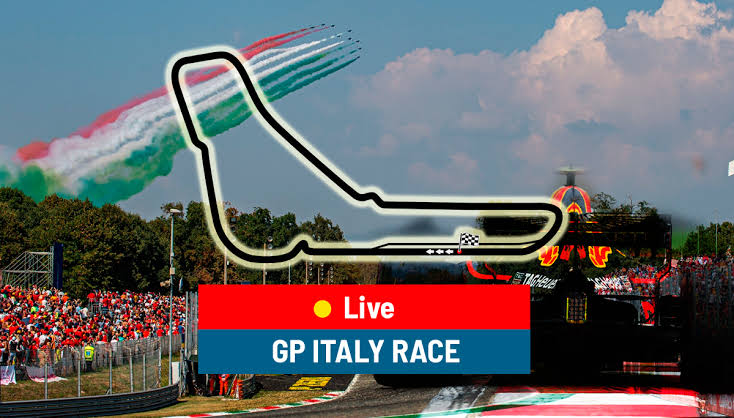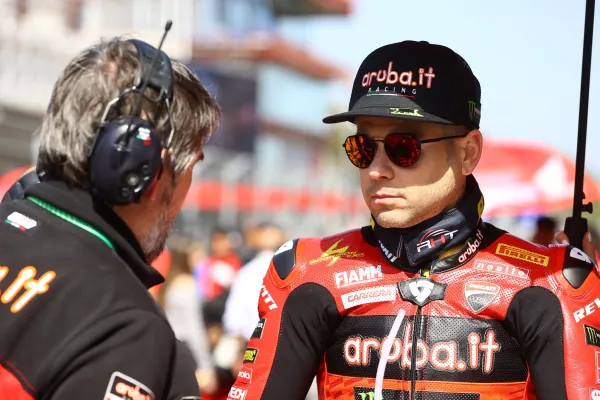New Restrictions On Testing Previous Cars In F1 For 2025
Formula 1 will instigate a severe TPC regime from the 2025 season onward, with revised restrictions further balancing the team’s playing fields and helping to alleviate concerns over apparent advantages accrued in testing two-year-old machinery. Now, let’s delve deep into the rules that have changed and how they will shake out for F1.
Current TPC Regulations
Up to now, current regulations have provided most teams with free rein, on the whole, in their desires to test previously raced cars. What happened is some highly funded programs amongst these teams to perform substantial, often lengthy series of tests, primarily in previous race cars over seasons gone. Further refinements resulting from those are quite rewarding pieces of information providing real details around the characterizing behavior of prospective car developments that continue straight into current and even future development processes, an unseen one-upmanship that really doesn’t stand equitable under proper competitiveness.
New Restrictions for 2025
The FIA has announced a number of key changes to the TPC regulations for the 2025 season:
Total Testing Cap: Teams will be limited to a maximum of 20 days of TPC running per year. This is the first time any kind of cap has been put on the total amount of testing teams can do with previous cars.
Championship Driver Limitations: Drivers who are entered in the current championship will be limited to a maximum of 1,000 kilometers over four days of testing. This is to prevent teams from utilizing their current drivers in testing programs to extensive degrees.
Circuit Restrictions: Teams will not be permitted to do TPC running at any circuit within 60 days of that circuit hosting a Grand Prix. This is to prevent any one team from gaining an advantage in the lead-up to race weekends through testing at circuits.
Calendar Limitation: Testing will only be allowed at circuits that have hosted a Grand Prix in the current or previous season. This rules out testing at circuits long absent from the F1 calendar, such as Mugello, Magny-Cours, or any other historical venue.
Modified Circuit Ban: No team will be allowed to test at any circuit that forms part of the current calendar if it has been modified since F1 last raced there and where the FIA considers that modification to be significant.
Rationale for the Changes
The FIA and management of Formula 1 have, among others, given the following reasons for these new restrictions:
Cost Control: The sport is trying to take some of the financial burdens off of F1 teams in an era of budget caps by limiting the amount of testing.
Competitive Balance: Such restrictions are designed to prevent large-resource teams from getting an overwhelming advantage with large testing programs.
Fairness in Circuit Familiarity: It forbids tests at tracks shortly before the Grand Prix events to let all the teams enter into race weekends on a more level playing field regarding recent circuit data.
Current Car Development: Through the limitation of TPC, this sport encourages teams to have more focus on the development and understanding of their current machinery.
Impact on Teams and Drivers
These new restrictions will have a major impact on F1 teams and drivers in the following ways:
For Teams:
Strategy Adjustment: Teams are going to have to be more strategic in how they use their limited TPC days, perhaps developing specific goals of what they want to achieve, whether it be driver training or specific development areas.
Resource Allocation: Teams might have to reallocate resources that were previously used for extensive TPC programs since there are fewer testing opportunities.
Reliance on Simulation: Teams will likely shift more into simulator work and other virtual forms of testing to replace some on-track time that will be cut.
For Drivers:
Less Seat Time: Younger drivers and reserves may be reduced in the experience of F1 machinery outside of official practice sessions.
Increased Pressure: This would mean a small time to test and therefore increased pressure on the performance to deliver accurate feedback during the TPC sessions.
Simulator Importance: The drivers can depend more and more on work done in a simulator to familiarize themselves with both tracks and car behavior.
Challenges and Considerations
While these new restrictions being implemented are for the purpose of making things fairer and more economical, they also bring about a number of challenges:
Development vs. Evaluation: Teams need to balance TPC between car development and evaluating young drivers with limited days available.
New Circuit Adaptation: Testing limitations on modified or new circuits may mean that teams are struggling to adapt to the races at those considerably changed venues.
Impact on Young Driver Programs: The restrictions may have a ripple effect on how teams organize their young driver development programs, possibly changing the way new talent is developed in F1.
Enforcement and Monitoring: Stringent monitoring and enforcement mechanisms need to be laid out by the FIA on these newer restrictions.
Feedback from the Paddock
The announcement of this change received varied reactions among the team principals, drivers, and other people connected with the sport:
Team Principals:
Toto Wolff (Mercedes): “While it presents some challenges, we understand the need for these restrictions to ensure a level playing field.”
Christian Horner: With these new limitations, we are going to have to be a bit more creative in the way we approach car development and, indeed, driver training.
Drivers:
Lewis Hamilton: “It’s important that we maintain opportunities for young drivers to gain experience, but I can see the benefits of these restrictions for the sport as a whole.”
Max Verstappen: “I think, really, these changes could make it more interesting, providing we can still get enough preparation for the race weekends.
Possible Long-term Consequences
The new TPC restrictions could have numerous possible long-term implications for F1, including the following:
Innovation in testing methods: Teams might devise new and better ways to get the most out of their meager testing time.
Increased Importance of Free Practices: With constrained TPC, when it comes down to race weekends, formal practice sessions turn out to be even more important than ever for making car setups, developing them, making changes, and strategizing.
Evolution of Young Driver Programs: Teams might rethink their young driver programs in view of the new testing restrictions.
Closer Competition: The restrictions may make the competition closer since the teams have limited chances to create advantages by means of extensive testing.
Cost Savings: Over time, that reduced testing would equate to significant cost savings for the teams, with F1’s broader goals of financial sustainability.
Comparison with Other Motorsports
It is interesting to note how these new F1 restrictions compare to testing regulations in other major motorsport categories:
IndyCar: Some in-season testing is permitted, though the number of test days and venues is limited.
NASCAR: On-track testing is very minimal; most of its teams depend hugely on simulators.
WEC – World Endurance Championship: More testing is allowed, especially in the case of new car development.
This new approach appears to strike a balance in the different philosophies, and F1 is trying hard to maintain its position as the pinnacle in motorsport technology while also being concerned with competitive fairness and cost control.
Conclusion
New restrictions on testing previous cars in Formula 1 for the 2025 season mean a sea change in how teams approach development and preparation. While there are challenges in implementation and adaptation, this is part of the ongoing effort by F1 to make the sport both greener and more competitive.
As teams and drivers build towards the 2025 season, it is a must that they think inside the box, adapting strategy and methodology in their work to the new constraints. Ultimately, the success of these constraints will most probably be judged on the impact they will have on grid competitiveness, the financial health of teams, and the spectacle itself that is Formula 1 racing.
Looking ahead, it will be very interesting to see how these changes influence how the sport will evolve—from strategies regarding car development to nurturing young talent. With F1 ever-evolving, these new TPC regulations could play a key part in shaping the future of the world’s most prestigious category in motorsport.

